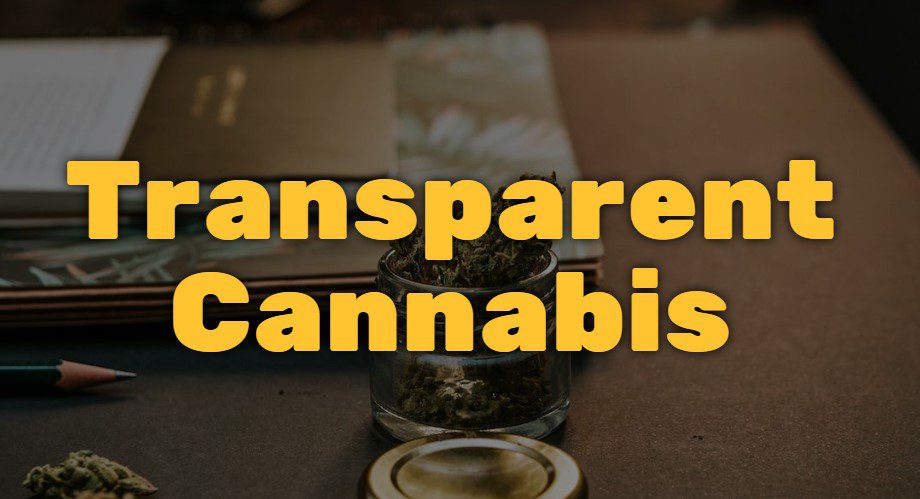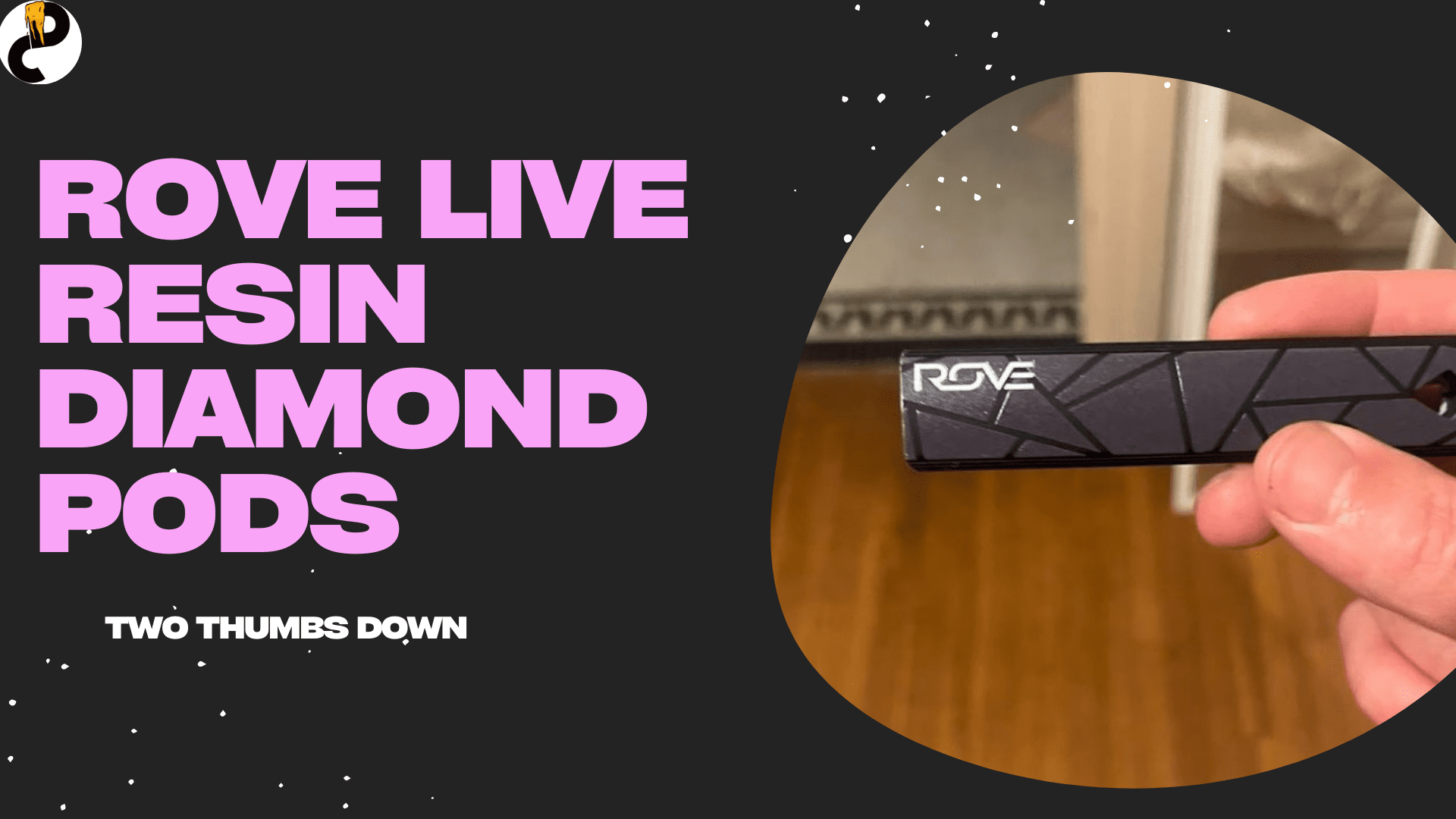Transparent Cannabis: The Truth About Testing & Inflated THC

Editors note: This is a guest post, and does not reflect general staff opinion
Think back.
Do you remember those smoke sessions that really stood out? The ones that left you in a state of pure bliss. What was it that created such an impression? Was it how sweet the bud tasted? The smoothness of the toke, or the heavenly aroma of the flower? Whatever the reason, many choose cannabis because it’s a natural solution. The expectation is that there is a high level of natural quality.
At least, that’s what consumers are told to expect. Many recreational users rely on lab testing to better understand what they are buying, while many medical users also depend on accurate lab testing to give them the most effective ratio of cannabinoids. Yet, more and more products are surfacing on dispensary shelves with artificially inflated THC rates. And inaccurate measurements of minor cannabinoids and pesticides present within. Consumers see clean test results but don’t realize that many of the scores are fraudulent. Every day people are smoking pesticides, molds, and chemicals. All of this is causing tremors throughout the industry.
An increasing number of cannabis consumers are becoming aware of the truth behind testing regulation. And the unfair advantages that fraudulent test results provide. Momentum is shifting. We are on the precipice of the exposure of one of the biggest shifts set to hit the cannabis industry since recreational legalization.
Potency Inflation is Controlling a Multi-Billion Dollar Market
“Big Business” made its way into the cannabis industry in 2014. In a market that had been historically fueled by small craft growers and family businesses, large-scale companies had historically struggled to meet the market’s expectations for quality. The simple answer was to artificially inflate THC numbers. While simultaneously driving the perceived value of high THC into a new and unaware market. They started pushing high THC rates while making deals behind closed doors with their testing lab partners to manipulate their results.
Now, THC inflation has become a way of controlling the market. Consumers often look towards THC concentration when making purchasing decisions. As THC is the primary psychoactive compound involved in marijuana intoxication. Due to this prioritization of THC content, qualities such as aroma, taste, or how the bud has been stored no longer matter as much. Instead, these qualities are being replaced by an emphasis on producing the highest THC test scores possible.
The provision of fraudulent results and inflated THC levels have damaged the reputation of honest growers, labs, and cannabis companies across the country. Many have gone out of business because they were simply unable to compete with elevated test scores purported by their dishonest competitors.
It’s hard to compete against manipulation and fraud, and the problem is only getting worse.
A History of Losing Regulatory Control
Legalizing recreational use meant that states could start collecting taxes on marijuana revenues. In turn, consumer protection requirements had to be established. Unlike when medical use was passed, testing regulations became a priority. Lobbyists capitalized on the opportunity by representing both “Big Cannabis” and professional testing labs and developed a plan wherein both clients would profit. They petitioned that every batch needed to be tested “in order to protect the consumers”. Labs got what they wanted, high volume testing, and cannabis entities received a lack of transparency in return.
Most regulatory agencies are state agencies, but in this case, the responsibilities were given to private labs. Quickly, it became obvious that the labs were not in control. And that what was meant to function as a regulatory system quickly became shrouded in shady capitalism.
Growers and concentrate processors have become direct clients of the labs. If a grower fails a test then common practice is to simply switch to a lab that is willing to provide altered results. The nature of the relationship has placed a burden on the shoulders of honest labs. Wherein they are forced to either cheat or lose out on testing revenues.
Labs
Labs across the Nation are starting to speak up, describing similar experiences of growers expecting altered results and dishonest labs providing them. This status quo promotes dishonesty, creating an echo chamber, wherein the “best” labs are those who provide the most lenient results. These labs were adamant that they did not pursue science and chemistry to be controlled by growers and business tycoons. Some have put their livelihoods into their labs, and are being forced to cheat. Those that have cheated, are now in a position where they can be blackmailed, due to the nature of Racketeer Influenced and Corrupt Organizations (RICO) charges that are starting to surface.
On top of the rampant fraud, most pesticides haven’t even been tested for danger when combusted. For example, Scientists have yet to determine a cause of Cannabis Hyperemesis Syndrome (CHS), but have related CHS with the use of concentrated THC. Meanwhile, it has been documented that pesticides are up to 10 times higher in a concentrate than they would be in a flower. It’s clear more research is required. To make matters worse, extraction companies can present a clean slab of oil from a farm that they know will pass, and sell other batches to dispensaries using the testing stickers from a passing batch. The lack of research in conjunction with fraudulent results has led to a monopolistic and ultimately dangerous wholesale cannabis market.
Regulations need to be employed so that testing labs are not put in a position where they need to manipulate scores in order to stay in business.
What Needs to Change?
What so many are pushing for is transparent testing. The ideal outcome would remove the business relationship between labs and cannabis entities. Legal language needs to change in order to establish a stronger degree of enforcement for testing regulations and compliance. Labs need the ability to operate as regulators, test results need to be released to the public, and the consumers need to actually be protected.
Private labs should be contracted directly through state agencies and paid for by the farms. This would allow for high-volume testing but removes the potential pressure that farms put on labs to provide fraudulent results.
A simple software solution could track licensed labs and growers, and select which product batches are sent to which labs, and which labs visit dispensaries and test which batches.
New consequences for growers and labs that are caught cheating must also be established. In most industries, if you’re caught with fraudulent scores you lose your license. However, in cannabis, they’re just being slapped with tiny fines. For example, two labs in Florida recently received fines ranging from $2,000 to $6,000 for falsifying information and inflated THC.
The Cannabis Community Needs to Take a Stand
These big guys have no idea what they’re facing. The popularity of cannabis is directly rooted in the counterculture movement. As this story unfolds and becomes a priority to the community, activism will become commonplace in every legalized state.
Make your voice heard! Support your craft growers and small farms. Find the growers, dispensaries, and labs that are honest and really care about consumer safety, and defend them. If a product is harsh or causes adverse reactions, make sure the dispensary and others who may potentially purchase that product are aware. A sign of sprays is getting a sore throat, a headache, or nausea. These companies need to start getting feedback when something is wrong. Learn to identify quality products. Demand a clean, smooth taste. This will force growers to rebuild grow systems and control the environment better.
The higher the test score, the more likely that the sample wasn’t handled properly. The dispensaries that are promoting high THC are fully aware they’re selling products with artificially elevated scores. Flower product test results >30% THC are likely to be fraudulent.
Consumers are at risk of long-term damage if this is not resolved. Consumers are being lied to and should be upset enough that they address this. Cannabis businesses can’t keep lying to consumers if they are aware.
More About Trent Hancock
“There will be a major film made about this. I’m very confident in that.”
Trent Hancock is the head breeder for Creswell Oreganics and an owner in Crater Enterprises (Parent company of Creswell Oreganics). He started indoor growing in Portland’s legendary cannabis community in 1998 and went on to build his first commercial growing in Montana in 2008. Trent spent the next 8 years in Montana consulting the largest indoor cannabis facilities in the country at the time, (prior to Colorado 2014). Realizing that large-scale commercial grows had bug and mold problems that were nearly impossible to control without spraying flowering plants, he started developing a controlled air system that prevented the need for spraying.
In 2014, Trent teamed up with Shayney Norick at her medical cannabis company in Montana. Gaining the space and ability to refine his air system, he utilized his Navy Seabee dad’s low voltage electronics experience to build his first control panel. This was the first control panel ever built to bring in high volumes of fresh air whilst running high-altitude temperature algorithms. In April of 2016, a ruling by the Montana Supreme Court temporarily shut down the Cannabis industry. Not knowing the future of the MT industry, Trent convinced Shayney to sell and move to Oregon where they started Creswell Oreganics.
Outside work
Outside of work, Trent has continually fought for the consumer. On a mission to make sure consumers have access to the cleanest product possible, he is focused on improving growing environments and creating methods to prevent the use of sprays on flowering plants.
For Trent, informing the consumer and fighting legislation that works against small businesses and consumer safety has been the most rewarding part of his role in the Cannabis community.
Special thanks to Trent Hancock, CRESWELL OREGANICS, LLC for providing information and quotes.
Special thanks to ANALABS, INC. for providing information and introductions.
Authors
Jeremy Imlach and Trent Hancock






